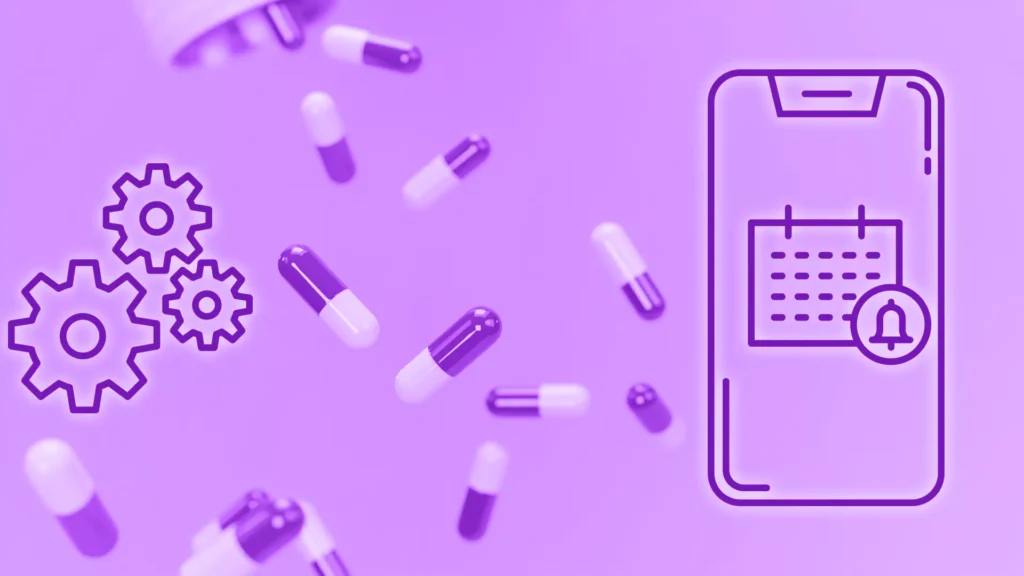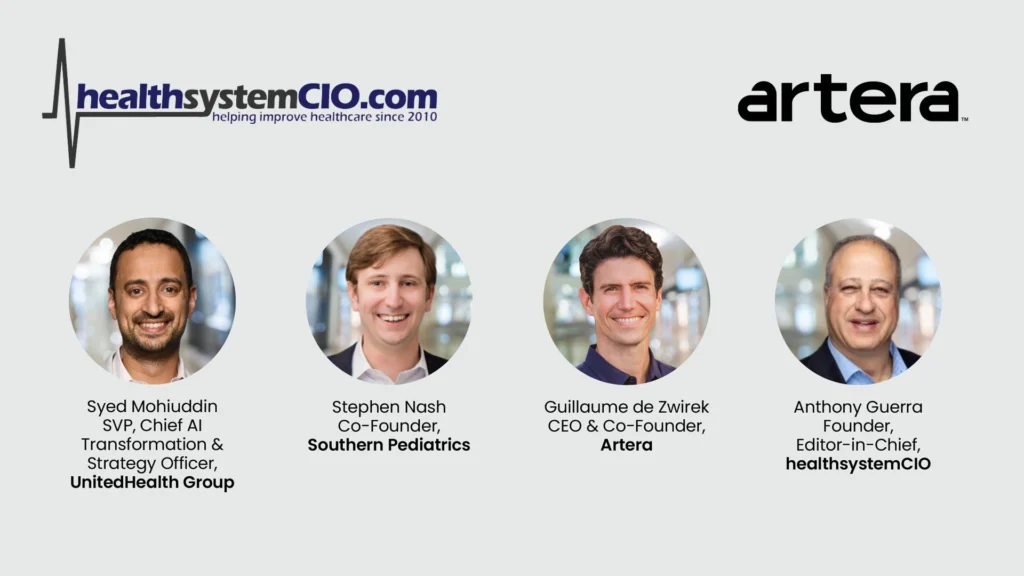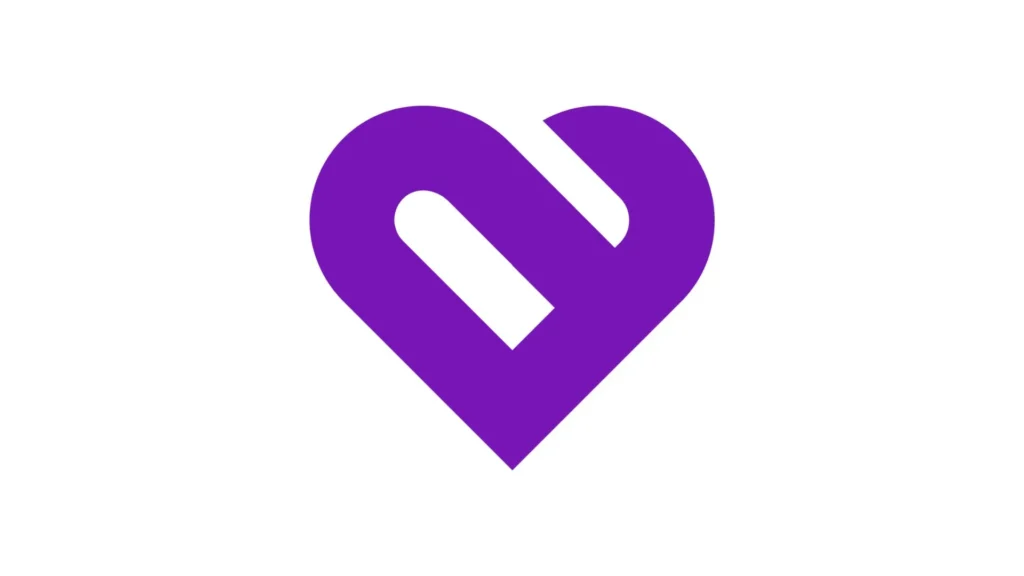For healthcare providers, managing medication adherence and overseeing clinical trials can be complex and demanding. A key challenge lies in maintaining consistent and meaningful communication with patients. Automated, AI-powered patient messaging has become a powerful solution to streamline these essential processes. But how does it effectively tackle common obstacles, and what tangible benefits can organizations expect to achieve by adopting it?
This blog explores the role of automated messaging in overcoming recruitment challenges for clinical trials, tackling adherence issues and enhancing communication for better patient outcomes.
Medication Adherence: Understanding the Challenges
Medication adherence refers to whether patients take their medications as prescribed (e.g. once daily), in addition to whether they continue to take a prescribed medication. According to the American Medical Association (AMA), a patient is considered adherent if they take 80% of their prescribed medicine. Anything less, and they’re considered non-adherent.
While it seems like a simple matter of action, medication adherence is a persistent issue in healthcare. In fact, it is estimated that over half of the medications prescribed for people with chronic diseases are not taken as directed. According to the CDC, non-adherence to prescribed medications accounts for 125,000 deaths annually and costs the U.S. healthcare system over $300 billion a year – in terms of additional medical appointments, emergency room visits and hospitalizations.
Missed doses arise from many factors. Here are just a few:
- Forgetfulness
- Inadequate provider-patient follow-ups
- Confusion about instructions
- Patients fear side effects or have difficulty taking medication
- Rise in prescription costs
Whatever the reason, many patients face barriers today to taking their medication. In some cases, the issue stems from insufficient communication between patients and their care teams. When patients feel uninformed or unsupported, they are less likely to follow through with prescribed treatment plans. Moreover, systemic challenges, such as limited access to pharmacies or logistical barriers like transportation issues, can make it even harder for individuals to obtain and properly use their medications.
Addressing medication adherence issues requires a multi-faceted approach. Solutions may include leveraging technology, such as medication reminder apps or automated texting systems, to help patients stay on track. Improved provider-patient communication, education about the importance of adherence and a focus on designing more patient-centered care models are also critical for reducing the negative impacts of non-adherence. By tackling these barriers, healthcare systems can improve outcomes for patients and significantly reduce avoidable costs.
Recruitment and Retention Issues in Clinical Trials
Clinical trials, a cornerstone of modern healthcare, are essential for advancing medical research and improving healthcare. They help determine the safety and effectiveness of new treatments, medications and medical devices before they become widely available. By participating in clinical trials, researchers can gather critical data, identify potential side effects and refine therapies to ensure they benefit patients. These trials play a key role in combating diseases, enhancing quality of life, and driving innovation in medicine.
To perform a clinical trial, however, providers must work with patients who are willing and able to participate. Unfortunately, patient recruitment remains one of the most significant barriers to performing these trials. Studies show that nearly 80% of clinical trials fail to meet their enrollment timelines due to issues recruiting enough patients to participate. Traditional approaches like outbound phone calls or mailed invitations are slow, labor-intensive and often limit outreach to specific demographics.
Retention of participants is another critical challenge in clinical trials. High dropout rates can compromise the statistical power of a study and delay the development of essential therapies. Common factors contributing to participant attrition include complex trial protocols, lack of clear communication and burdensome logistics such as frequent visits to clinical sites. Offering flexible scheduling, remote participation options and streamlined communication channels can significantly improve retention rates and enhance patient experience.
How Automated Messaging Can Tackle These Challenges
Automated messaging platforms, such as Artera’s Pulse Outreach, transform how healthcare providers communicate with patients by leveraging timely, personalized and scalable messages. Here’s how they tackle each of the above challenges:
Boosting Medication Adherence
Automated patient messaging can be used for a variety of use cases. Ultimately, using AI virtual agents and automations, providers can send daily or weekly reminders for medication schedules, coupled with personalized follow-ups triggered by non-responses or missed doses.
Successful workflow examples include reminders to take medication paired with educational messages, helping patients understand the importance of consistent medication use.
Recruitment for Clinical Trials, Simplified
Automated messaging enhances clinical trial recruitment by enabling rapid, targeted outreach. With advanced features like dynamic patient cohort generation, platforms can identify eligible candidates based on data from Electronic Health Records (EHR) or Population Health tools.
For example: A large health system running a diabetes-related clinical trial used automated messaging to notify eligible participants. The system achieved a 30% enrollment increase within a four-week period as automated messages tailored to patients’ conditions replaced general recruitment emails.
The Key Benefits of Automated Messaging
Here’s why automated messaging has become essential for clinical trials and medication adherence programs:
1. Scale Outreach Without Scaling Resources
Automated messaging eliminates the reliance on overburdened frontline staff by handling high-volume patient lists efficiently. A single system enables healthcare teams to communicate with hundreds or thousands of patients simultaneously.
2. Personalization That Drives Engagement
Dynamic messaging adapts to patient data, sending personalized reminders, recommendations and updates. From “Here’s your next dose reminder, Alexa” to “Schedule your upcoming wellness visit,” these tailored communications boost response rates.
3. Real-Time Feedback & Analytics
Platforms like Artera’s Pulse Outreach provide analytics on response paths, appointment scheduling and adherence behaviors, helping healthcare providers measure outcomes and refine strategies.
4. Bridging Care Gaps
Whether it’s pre-visit preparation, medication reminders or trial updates, automated systems seamlessly fill communication gaps, improving care coordination and lowering risks of non-compliance.
Proven Case Studies
1. Increasing Patient Participation in Preventative Care
A $3B+ health system launched an automated campaign encouraging mammography appointments. The two-month campaign drove 16% of patients to schedule visits during the holiday season, addressing a typically unresponsive group.
2. Clinical Trials Recruitment Success
By texting potential participants for a flu vaccine efficacy trial, a leading academic medical center saw enrollment rise by over 25% compared to traditional email-only efforts.
3. Medication Adherence for Chronic Conditions
Using automated reminders, a national healthcare organization improved diabetes medication adherence by 20%, reducing ER visits and enhancing patient outcomes.
How to Implement Automated Messaging in Your Practice
Are you ready to adopt automated patient messaging for your clinical trials or medication adherence program? Here’s how to get started:
- Choose the Right Tool: Look for platforms like Artera’s Pulse Outreach, designed to automate outreach effortlessly, integrate with EHR systems, and provide dynamic patient lists.
- Define Campaign Goals: Set clear objectives, whether it’s increasing recruitment, improving medication adherence, or achieving specific compliance rates.
- Leverage Data for Targeting: Integrate patient data to segment communications effectively, focusing efforts on personalized, relevant outreach.
- Monitor and Adjust: Use analytics to measure the success of your campaigns, identifying areas for optimization and improvement.
- Consider Comprehensive Solutions: Maximize the value of automated messaging by integrating additional features, such as consent management tools, multi-language messages and self-scheduling links.
Improve Your Patient Communication Today
Automated patient messaging is no longer an option – it’s a necessity for healthcare organizations facing increasing challenges in recruitment, adherence and communication. By adopting tools like Artera Pulse Outreach, providers can enhance engagement, close care gaps, and drive measurable improvements in patient outcomes.
Take the first step toward transforming your patient communication strategy. Learn more about Artera Pulse Outreach or book a demo and see the difference it can make for your clinical trials and adherence programs.



